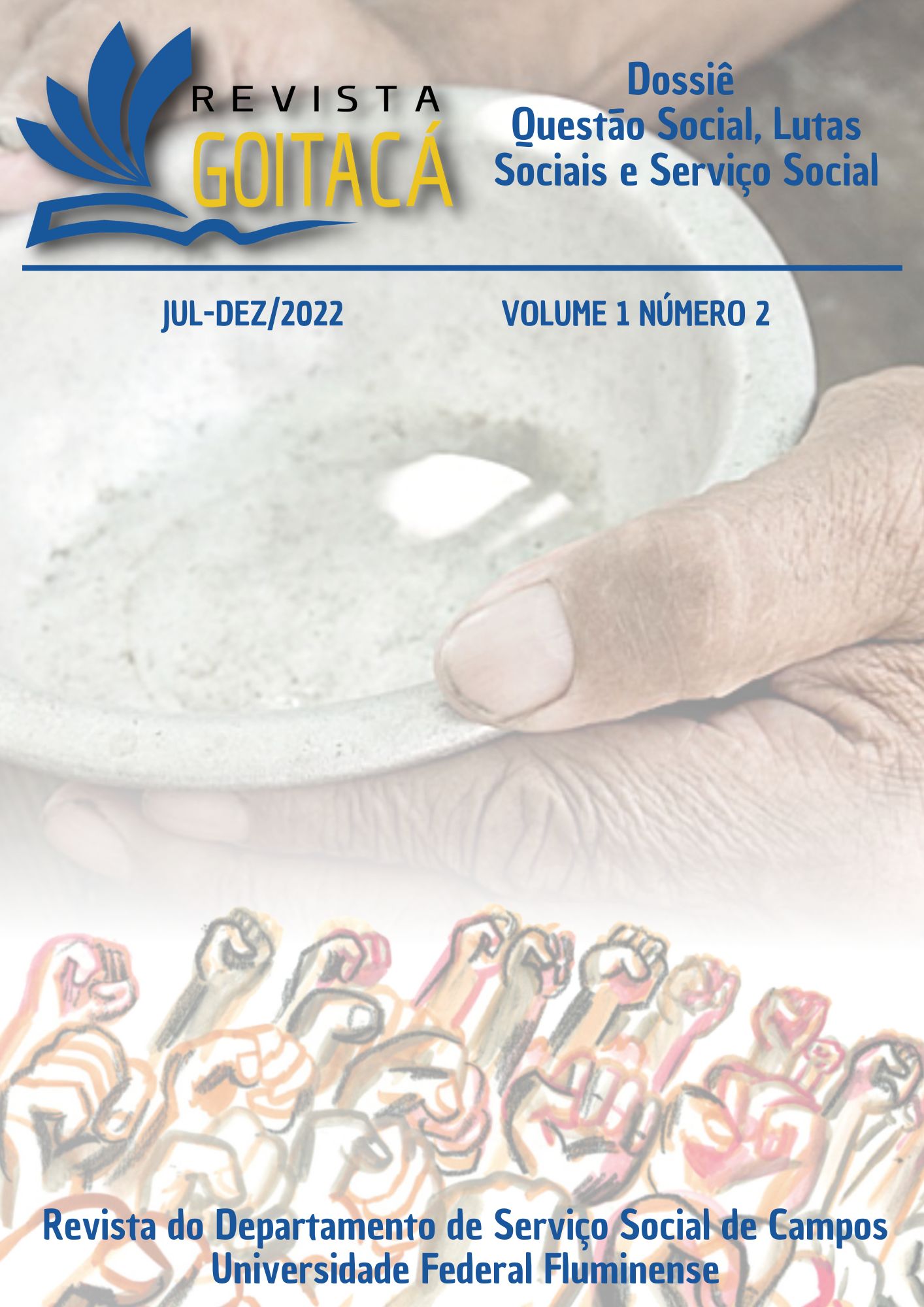RESPONSABILIDADE SOCIAL DO PORTO DO AÇU NO NORTE FLUMINENSE
Abstract
Porto do Açu is a mega-port enterprise that has socially and environmentally impacted the 5th District, a territory where family farming, plant extraction, artisanal fishing and livestock are traditionally practiced, activities that constitute the territorial identity of São João da Barra, in Northern Rio de Janeiro. Due to the potential for impacts, licensing was mandatory and conditions established, in accordance with environmental legislation. In addition to the conditions, there are actions that are part of the Social Responsibility of port companies, which, through corporate institutions such as the Ethos Institute, focus on the preservation of environmental, social and cultural resources, respect for diversity and the reduction of social inequalities. In this way, the question is: Do corporate social actions preserve environmental, social and cultural resources of those affected? The objective is to identify the role of the main corporate social responsibility actions in the 5th District. To this end, field research and documental research techniques were combined. The results show that environmental licensing conditions are intentionally confused with corporate social responsibility actions, suggesting that they are not effective in protecting and preserving the “ways of life” of those affected in the 5th District.
Downloads
Downloads
Published
Issue
Section
License
Os Direitos Autorais para artigos publicados neste periódico são do autor, com direitos de primeira publicação para a Revista. Em virtude de aparecerem nesta Revista de acesso público, os artigos são de uso gratuito, com atribuições próprias, em aplicações educacionais, de exercício profissional e para gestão pública. A Revista adotou a Licença Creative Commons Atribuição-Não Comercial 4.0 Internacional. Esta licença permite copiar, distribuir e reproduzir em qualquer meio, bem como adaptar, transformar e criar a partir deste material, desde que para fins não comerciais e que seja fornecido o devido crédito aos autores e a fonte, inserido um link para a Licença Creative Commons e indicado se mudanças foram feitas. Nesses casos, nenhuma permissão é necessária por parte dos autores ou dos editores. Autores têm autorização para assumir contratos adicionais separadamente, para distribuição não-exclusiva da versão do trabalho publicada nesta revista (ex.: publicar em repositório institucional ou um capítulo de livro).






